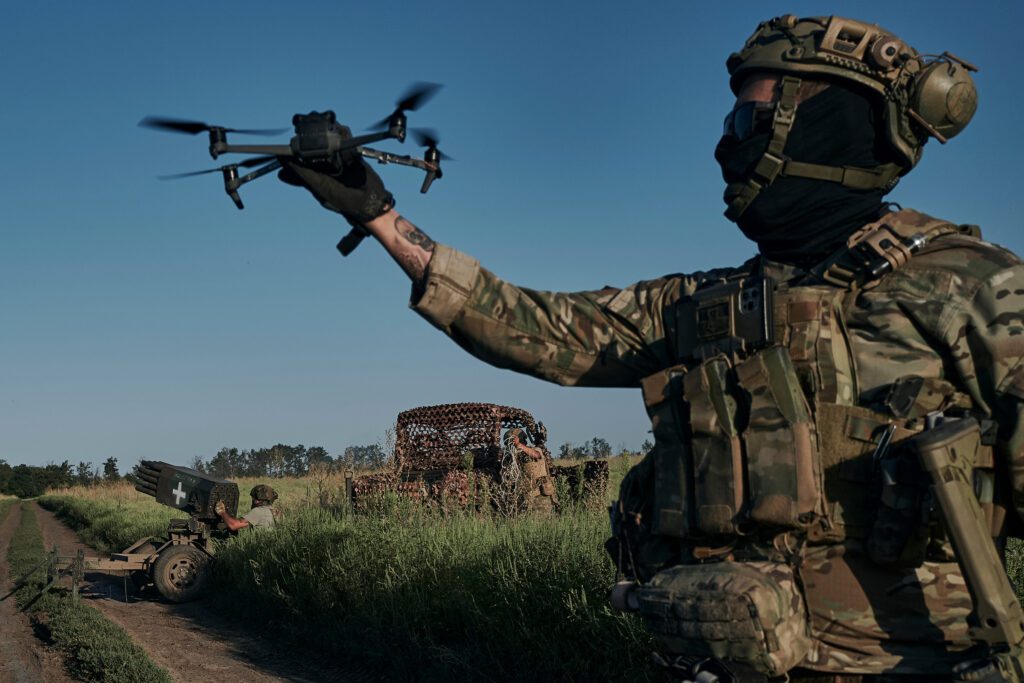In today’s modern warfare, technology is playing an increasingly important role, with cyber warfare becoming a significant threat. This article explores the changing landscape of warfare and the critical importance of cybersecurity in the battlefield. Advancements in technology have revolutionized military operations, but they have also introduced new vulnerabilities that can be exploited by malicious actors. Cyber warfare involves using technology to disrupt enemy infrastructure, and without proper cybersecurity measures, militaries are at risk of devastating cyber attacks. As technology continues to advance, investing in cutting-edge cybersecurity technologies and fostering collaboration will be essential in protecting against cyber threats in future conflicts.
Cybersecurity in the Battlefield
Introduction
In today’s modern warfare, technology plays a crucial role in military operations. With the rise of cyber warfare, cybersecurity has become a top priority for defense forces around the world. This article will explore how technology is changing warfare and the importance of cybersecurity in the battlefield.
The Role of Technology in Warfare
Advancements in technology have revolutionized the way wars are fought. From drones and smart weapons to surveillance systems and communication networks, technology has made militaries more efficient and effective. However, with these advancements come new vulnerabilities that can be exploited by malicious actors.
Cyber Warfare
Cyber warfare is a relatively new form of conflict that involves using technology to disrupt or sabotage an enemy’s infrastructure. This can include hacking into computer systems, launching DDoS attacks, and spreading misinformation through social media. Cyber attacks can have devastating consequences, causing widespread disruption and loss of life.
The Importance of Cybersecurity
Given the growing threat of cyber attacks, cybersecurity has become a critical aspect of military operations. A strong cybersecurity strategy is essential for protecting sensitive information, securing communication channels, and safeguarding critical infrastructure. Without proper cybersecurity measures in place, militaries are vulnerable to attacks that could cripple their operations.
Technological Advances in Cybersecurity
To combat the threat of cyber attacks, military forces are constantly developing new technologies and strategies to strengthen their cybersecurity defenses. This includes the use of encryption, firewalls, intrusion detection systems, and threat intelligence tools. Additionally, AI and machine learning are being used to identify and respond to cyber threats in real-time.
Challenges in Cybersecurity
Despite advances in cybersecurity technology, there are still many challenges that militaries face in protecting their networks and systems. One major challenge is the constantly evolving nature of cyber threats, with attackers developing new techniques and methods to bypass security measures. Additionally, the interconnected nature of modern military systems makes it difficult to isolate and contain cyber attacks.
The Future of Cybersecurity in Warfare
As technology continues to advance, the importance of cybersecurity in warfare will only grow. Militaries must stay ahead of the curve by investing in cutting-edge cybersecurity technologies and training their personnel to detect and respond to cyber threats. Collaboration between governments, private sector companies, and international organizations will also be crucial in strengthening global cybersecurity defenses.
Conclusion
Cybersecurity is a vital component of modern warfare, as technology increasingly becomes a battleground for military conflicts. By investing in robust cybersecurity measures and staying abreast of the latest technological developments, militaries can protect themselves from the growing threat of cyber attacks and ensure the security of their critical infrastructure.
